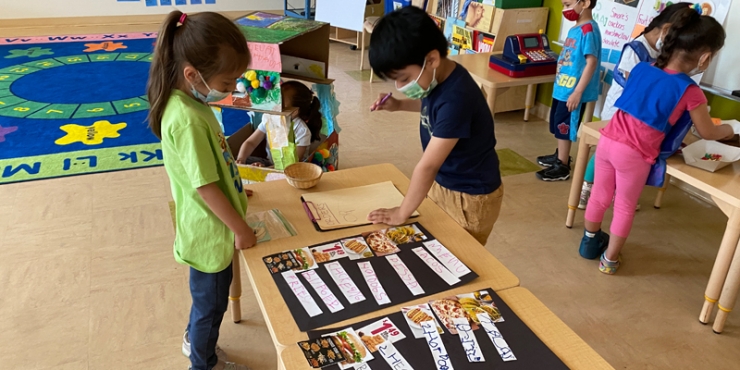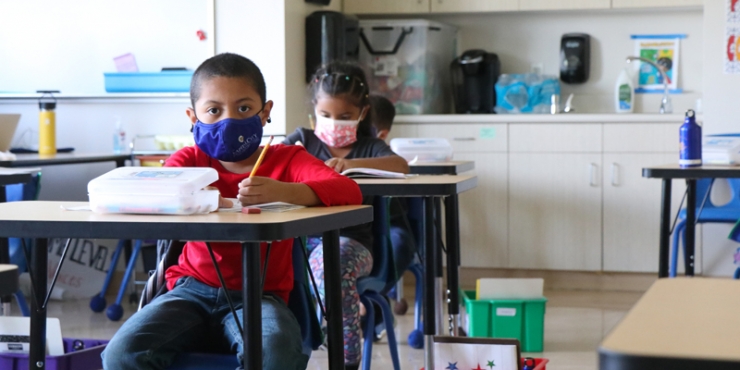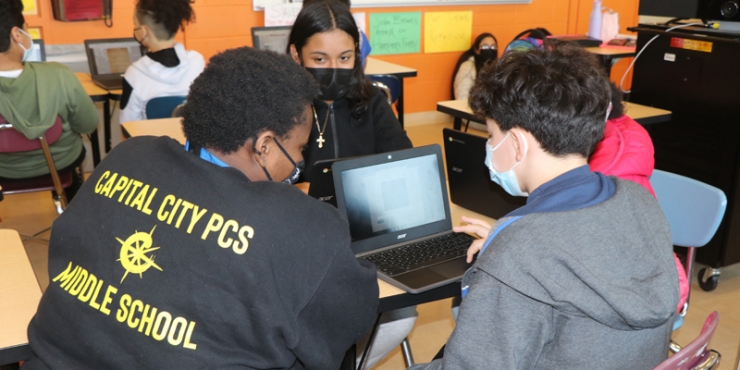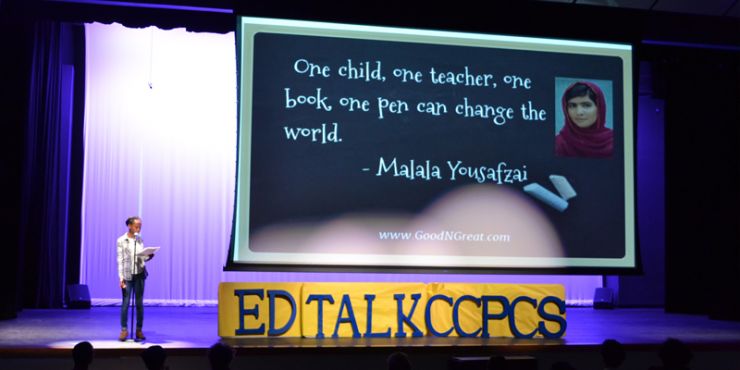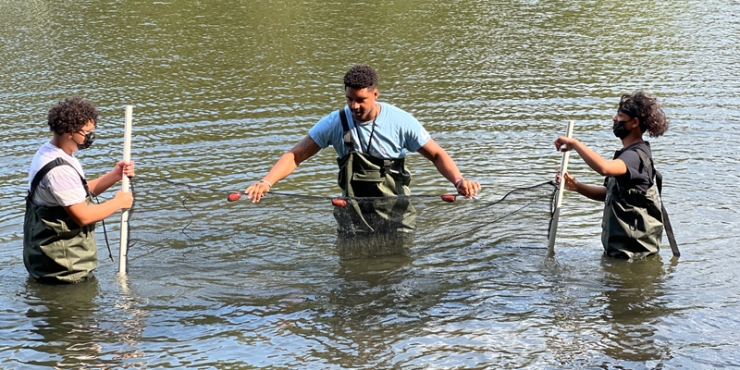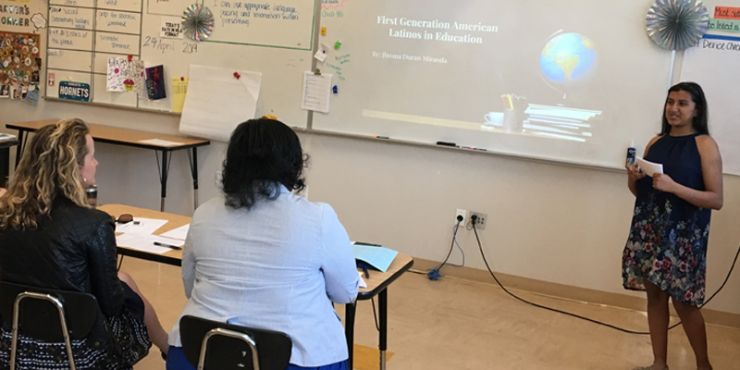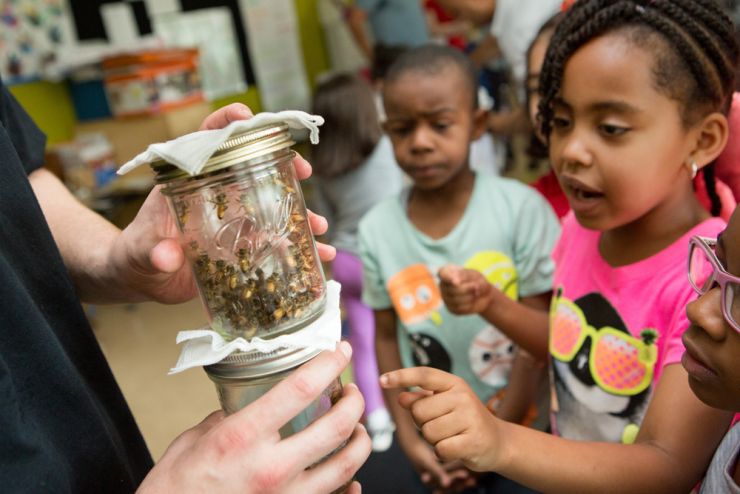
"EL Education is a powerful and inclusive model and is, at its essence, how humans learn."
— Mary Lord, Former Ward 2 Representative, D.C. State Board of Education
Capital City was founded as an EL Education (formerly Expeditionary Learning) school in 2000. Our innovative learning expeditions allow us to teach all subjects through the lens of a broader topic so students learn in the context of the community and the world in which they live. Watch this EL Education video that was filmed at Capital City to see a snapshot of the amazing learning experiences that happen here every day.
In 2015, after a collaborative effort in creating a portfolio showcasing our practices and results in three main areas: Mastery of Knowledge, Student Character and High Quality Work, Capital City was approved as an EL Education Credentialed School. View our Portfolio and our gallery of high quality student work to learn more about how Capital City infuses the EL Education model in every aspect of the learning environment.
Through learning expeditions, students engage in fieldwork, community service and work with experts, to complete in-depth studies in one or more subject areas. Expeditions culminate with projects and exhibitions that demonstrate mastery of standards. During their senior year of high school, students will design their own personal expedition to further an interest or passion. Read about some of our expeditions below.

